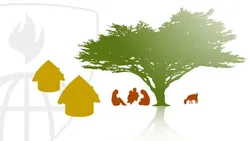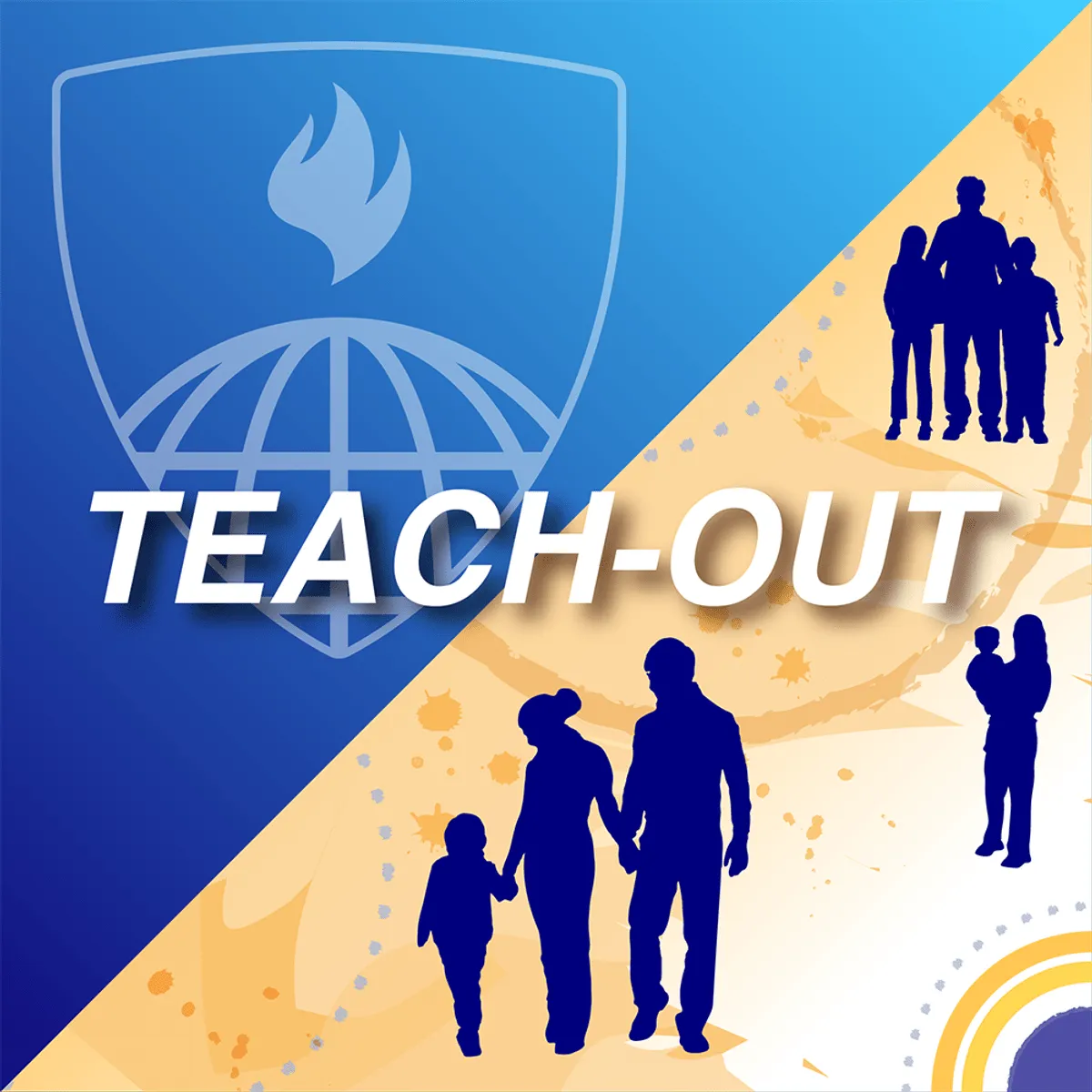
Community Change in Public Health 
Public health initiatives are increasingly recognizing the importance of community-level change in order to effectively bring about behavior change. By focusing on the collective, rather than the individual, public health professionals are able to create more sustainable and impactful solutions. ▼
ADVERTISEMENT
Course Feature
![]() Cost:
Cost:
Free
![]() Provider:
Provider:
Coursera
![]() Certificate:
Certificate:
No Information
![]() Language:
Language:
English
![]() Start Date:
Start Date:
Self Paced
Course Overview
❗The content presented here is sourced directly from Coursera platform. For comprehensive course details, including enrollment information, simply click on the 'Go to class' link on our website.
Updated in [March 06th, 2023]
This course provides an overview of community change in public health. It begins with an introduction to the ecological model and definitions of community. It then moves on to a second perspective and framework, which includes offensive, defensive, and hidden communities. The course then covers community efficacy and competence, community change models, approaches and tools for community participation and change, and the political economy framework. It also covers what participation is, levels of involvement, community coalitions, and a case study on community participation onchocerciasis. Finally, the course covers the results of enhancing community-directed treatment and the CDI process.
[Applications]
The application of this course can be seen in the development of public health initiatives. It can be used to understand the dynamics of community change and to develop strategies for community participation and change. It can also be used to understand the political economy framework and the different levels of involvement in community coalitions. Additionally, it can be used to analyze case studies, such as the Onchocerciasis case study, to understand the results of enhancing community-directed treatment.
[Career Paths]
1. Public Health Educator: Public health educators are responsible for educating the public about health issues and promoting healthy behaviors. They work with communities to develop health education programs and materials, and they often collaborate with other health professionals to ensure that their programs are effective. They also work to identify and address health disparities in communities.
2. Community Health Worker: Community health workers are responsible for providing health education and services to individuals and communities. They work with local organizations and health care providers to identify health needs and develop strategies to address them. They also provide direct services, such as health screenings, health education, and referrals to health care providers.
3. Health Policy Analyst: Health policy analysts are responsible for researching and analyzing health policies and programs. They work with government agencies, health care providers, and other stakeholders to develop and implement health policies and programs. They also evaluate the effectiveness of existing policies and programs and recommend changes to improve them.
4. Health Program Manager: Health program managers are responsible for overseeing the implementation of health programs. They work with stakeholders to develop and implement health programs, and they monitor the progress of the programs to ensure that they are meeting their goals. They also evaluate the effectiveness of the programs and recommend changes to improve them.
[Education Paths]
1. Bachelor of Science in Public Health: A Bachelor of Science in Public Health (BSPH) degree is designed to provide students with a comprehensive understanding of public health principles and practices. This degree program typically includes courses in epidemiology, biostatistics, health policy, environmental health, and health promotion. Students will also learn about the social determinants of health, health disparities, and health communication. This degree is ideal for those interested in pursuing a career in public health, health administration, or health policy.
2. Master of Public Health: A Master of Public Health (MPH) degree is designed to provide students with advanced knowledge and skills in public health. This degree program typically includes courses in epidemiology, biostatistics, health policy, environmental health, and health promotion. Students will also learn about the social determinants of health, health disparities, and health communication. This degree is ideal for those interested in pursuing a career in public health, health administration, or health policy.
3. Doctor of Public Health: A Doctor of Public Health (DrPH) degree is designed to provide students with the highest level of knowledge and skills in public health. This degree program typically includes courses in epidemiology, biostatistics, health policy, environmental health, and health promotion. Students will also learn about the social determinants of health, health disparities, and health communication. This degree is ideal for those interested in pursuing a career in public health, health administration, or health policy.
4. Certificate in Community Change: A Certificate in Community Change is designed to provide students with the knowledge and skills necessary to effectively engage in community change initiatives. This certificate program typically includes courses in community organizing, community development, and community engagement. Students will also learn about the principles of community change, the role of stakeholders in community change, and the use of data and evidence-based approaches to community change. This certificate is ideal for those interested in pursuing a career in community organizing, community development, or community engagement.
Pros & Cons

Comprehensive coverage of subject matter.

Real life examples and case studies.

Enhances understanding with peer discussion.

Insightful on community change in developing countries.

Essential role of community participation in health care.

Requires a lot of effort.

Assignments may be challenging.

Little or extensive experience needed.

Time and energy consuming.

Teachers not mentioned.
Course Provider

Provider Coursera's Stats at AZClass
Discussion and Reviews
0.0 (Based on 0 reviews)
Explore Similar Online Courses

Complete Linux Training Course to Get Your Dream IT Job 2022

Modern Biotechnologies for Wastewater Treatment

Python for Informatics: Exploring Information

Social Network Analysis

Introduction to Systematic Review and Meta-Analysis

The Analytics Edge

DCO042 - Python For Informatics

Causal Diagrams: Draw Your Assumptions Before Your Conclusions

Whole genome sequencing of bacterial genomes - tools and applications

Healthy and Sustainable Foods

Helping Families Avoid Negative Court Involvement Teach-Out

Antibiotic Stewardship
 Related Categories
Related Categories
 Popular Providers
Popular Providers
Quiz
 Submitted Sucessfully
Submitted Sucessfully
1. What is the main focus of the course?
2. What is the political economy framework?
3. What are the levels of involvement in community participation?


Start your review of Community Change in Public Health